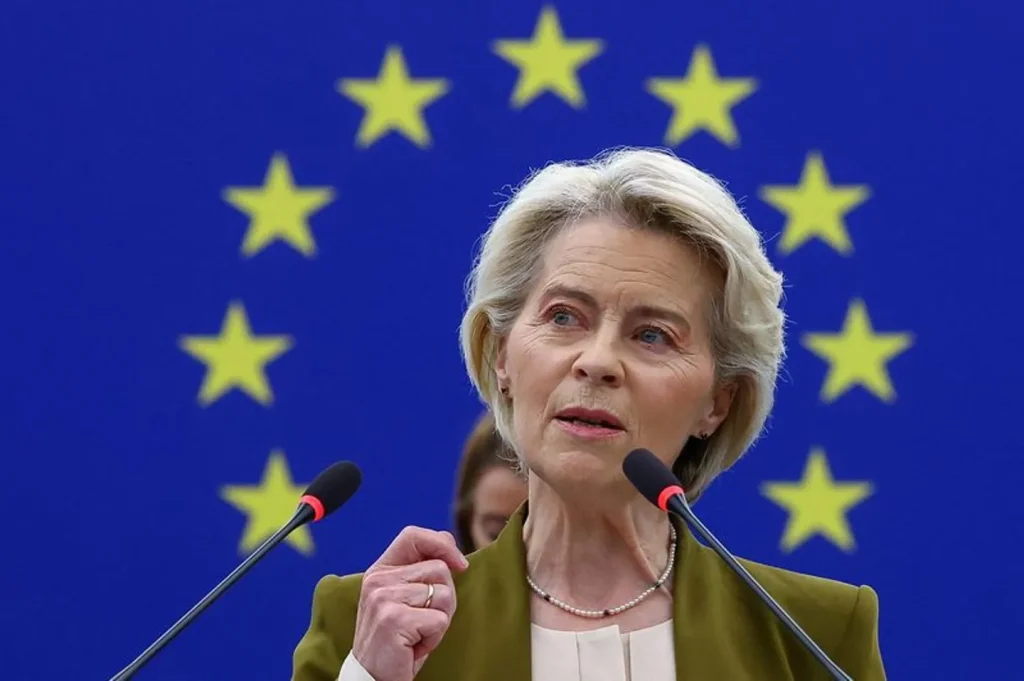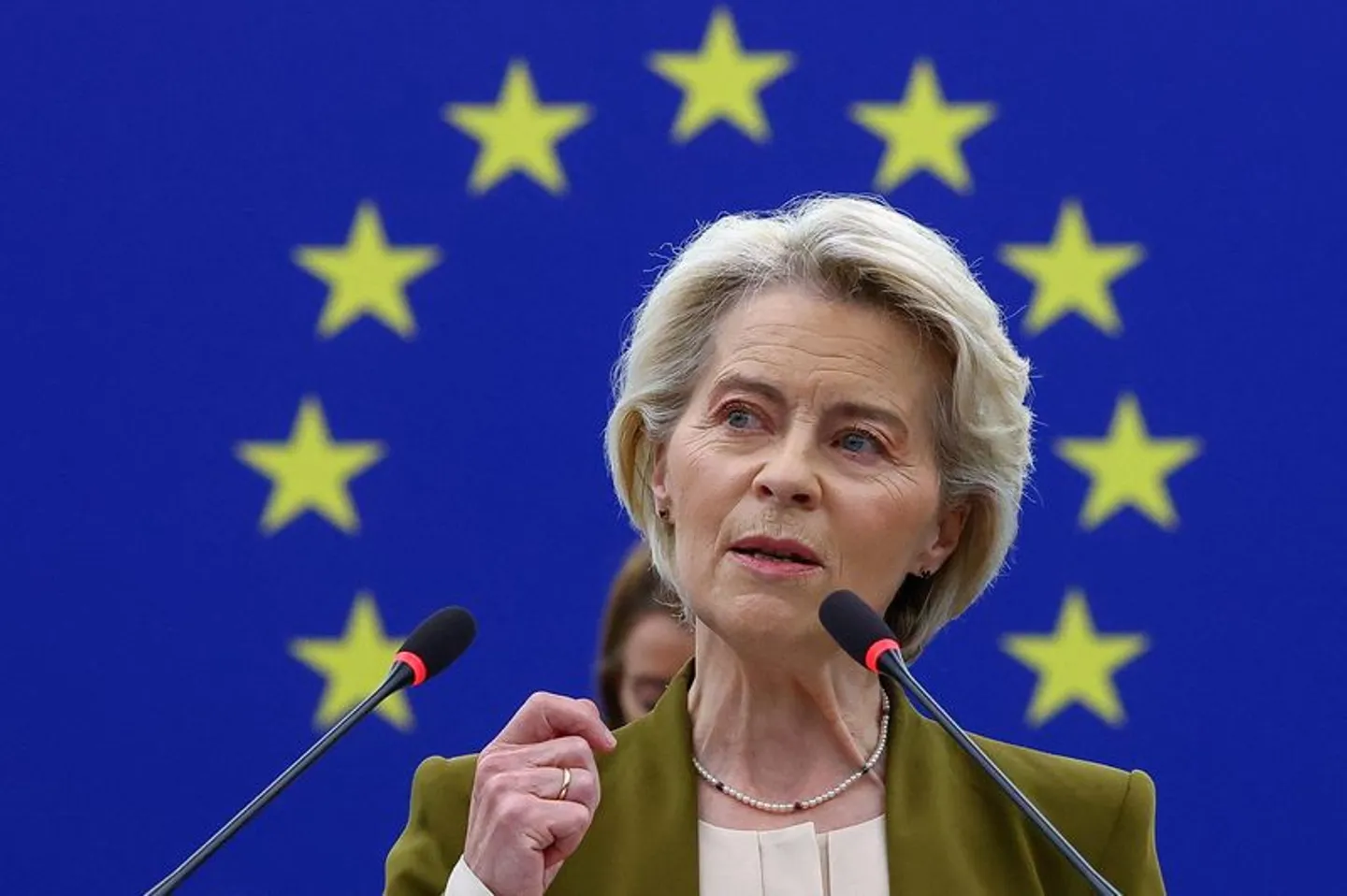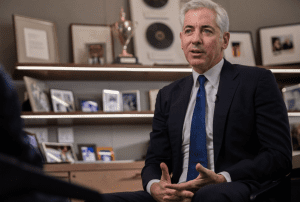EU chief Ursula von der Leyen and US President Donald Trump discussed new coordinated sanctions on Russia, targeting energy, banks, and crypto amid the ongoing Ukraine war.

Brussels and Washington Align on Sanctions
The European Union and the United States are preparing to escalate economic pressure on Russia, with EU Commission President Ursula von der Leyen confirming that she held a “good call” with US President Donald Trump on Tuesday.
At the center of their discussion: Russian energy exports, banks, and cryptocurrency markets, all of which have been lifelines for Moscow since the full-scale invasion of Ukraine in 2022.
19th EU Sanctions Package in the Works
Von der Leyen announced that Brussels is preparing its 19th package of sanctions against Russia, part of an ongoing strategy to weaken Moscow’s war machine.
“These measures will be presented shortly and will include steps against Russian crypto assets, financial institutions, and energy revenues,” she wrote on X.
The move underscores the EU’s determination to choke off alternative revenue streams that Russia has turned to in order to bypass earlier sanctions.
Trump Signals US Alignment
Trump, who is once again seeking to define America’s foreign policy posture, signaled openness to working closely with the EU on tightening sanctions. While his approach to the Ukraine war has at times appeared ambivalent, Tuesday’s announcement reflects an area of common ground with European allies.
Washington has already imposed sweeping measures on Russian oil, natural gas, banking systems, and oligarch assets, but coordination with Brussels could further amplify the impact.
Energy and Crypto in Focus
One of the most significant elements of the upcoming sanctions package is the focus on Russian energy exports, still a major source of funding for Moscow’s war. Despite reductions in direct imports, Russia has found markets in Asia and continues to exploit loopholes in enforcement.
The targeting of cryptocurrency transactions is equally important. European officials say that Moscow has increasingly turned to digital assets to evade financial restrictions and move funds across borders. A crackdown could disrupt one of Russia’s key financial escape valves.
Strains on Global Markets
The announcement immediately raised concerns in global energy and financial markets, where traders are watching closely for signs of tighter restrictions on oil and gas flows. Additional sanctions could impact energy prices in Europe and beyond, especially as winter approaches.
Banks and crypto firms also face heightened scrutiny, with regulators warning they will be held accountable if they fail to comply with new restrictions.
Political Calculations
For von der Leyen, the sanctions push is part of a broader strategy to show the EU’s unity and resilience in confronting Russia’s aggression. For Trump, it signals a willingness to project strength against Moscow while balancing a complex domestic political landscape ahead of the 2026 US elections.
The alignment also comes as Ukraine pushes for continued Western support, warning that any softening of sanctions or aid could embolden the Kremlin.
The Road Ahead
If adopted, the EU’s 19th sanctions package would mark one of the most comprehensive measures yet against Russia’s economy. Coordinated action with Washington could further isolate Moscow, though enforcement will remain a critical challenge.
As Russia seeks new trade partners and alternative financial channels, the EU and US are doubling down on efforts to block those pathways.










Comments are closed.